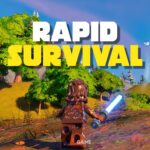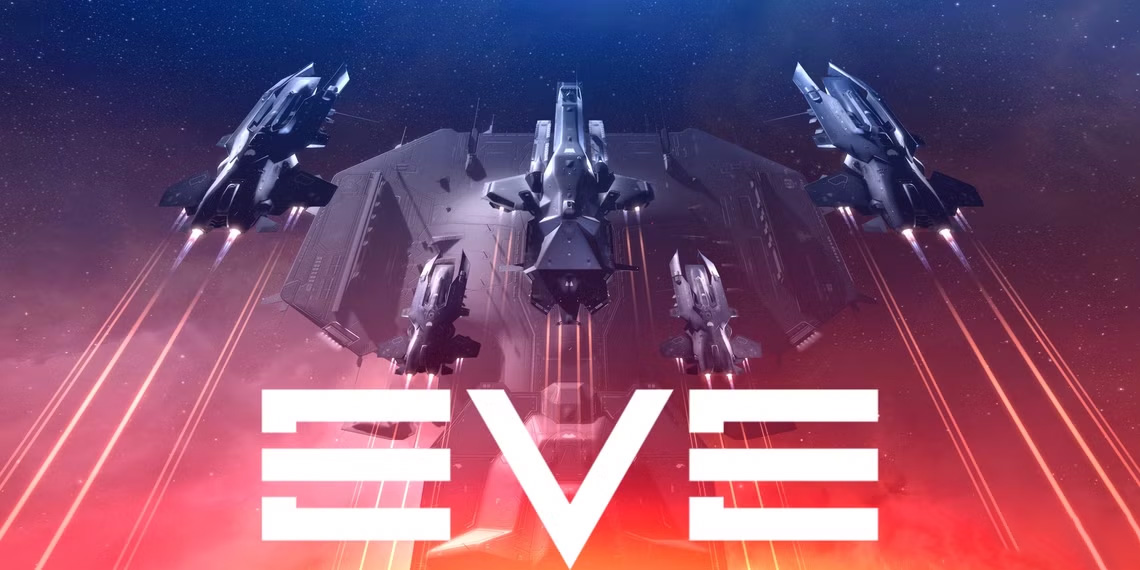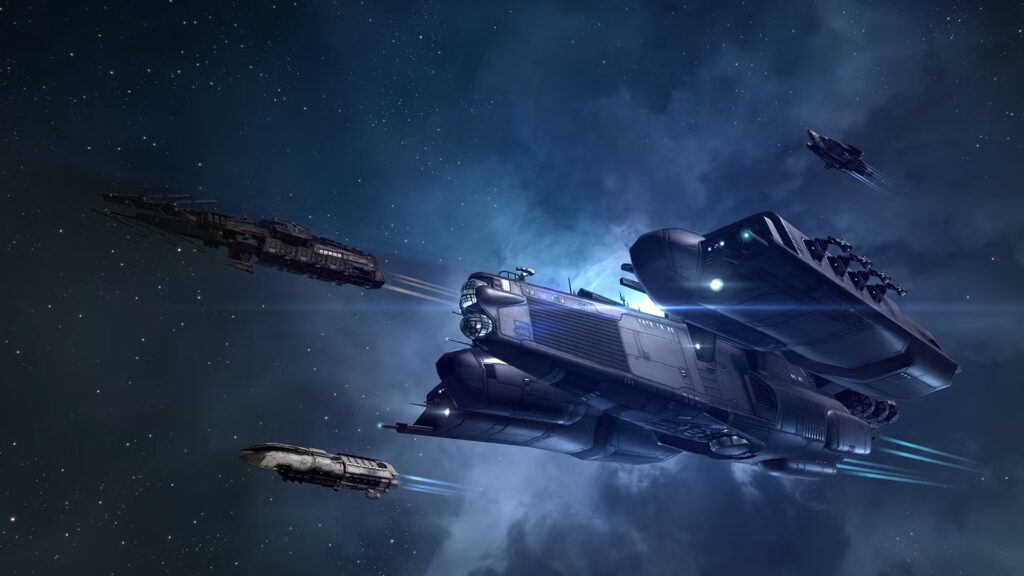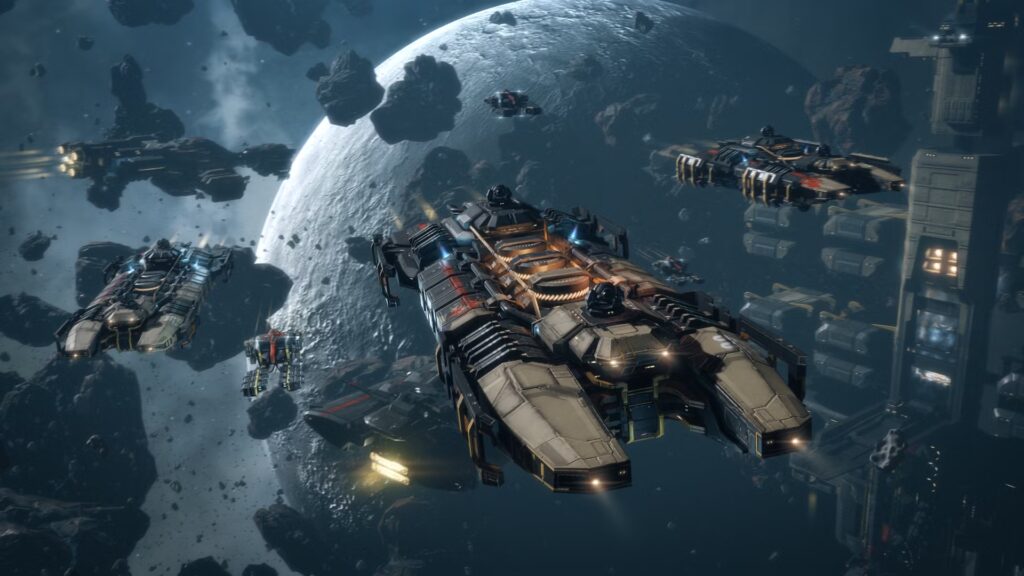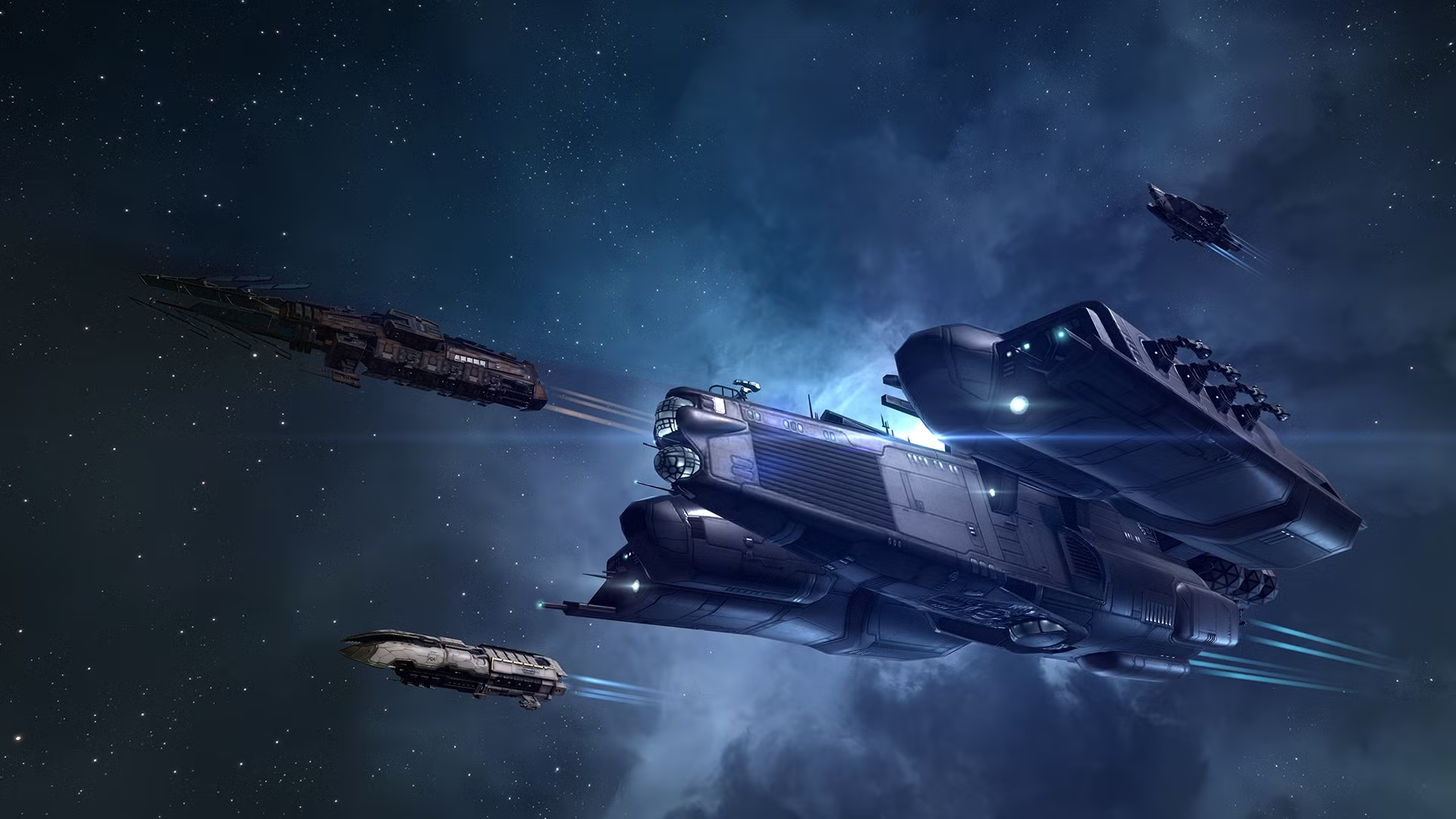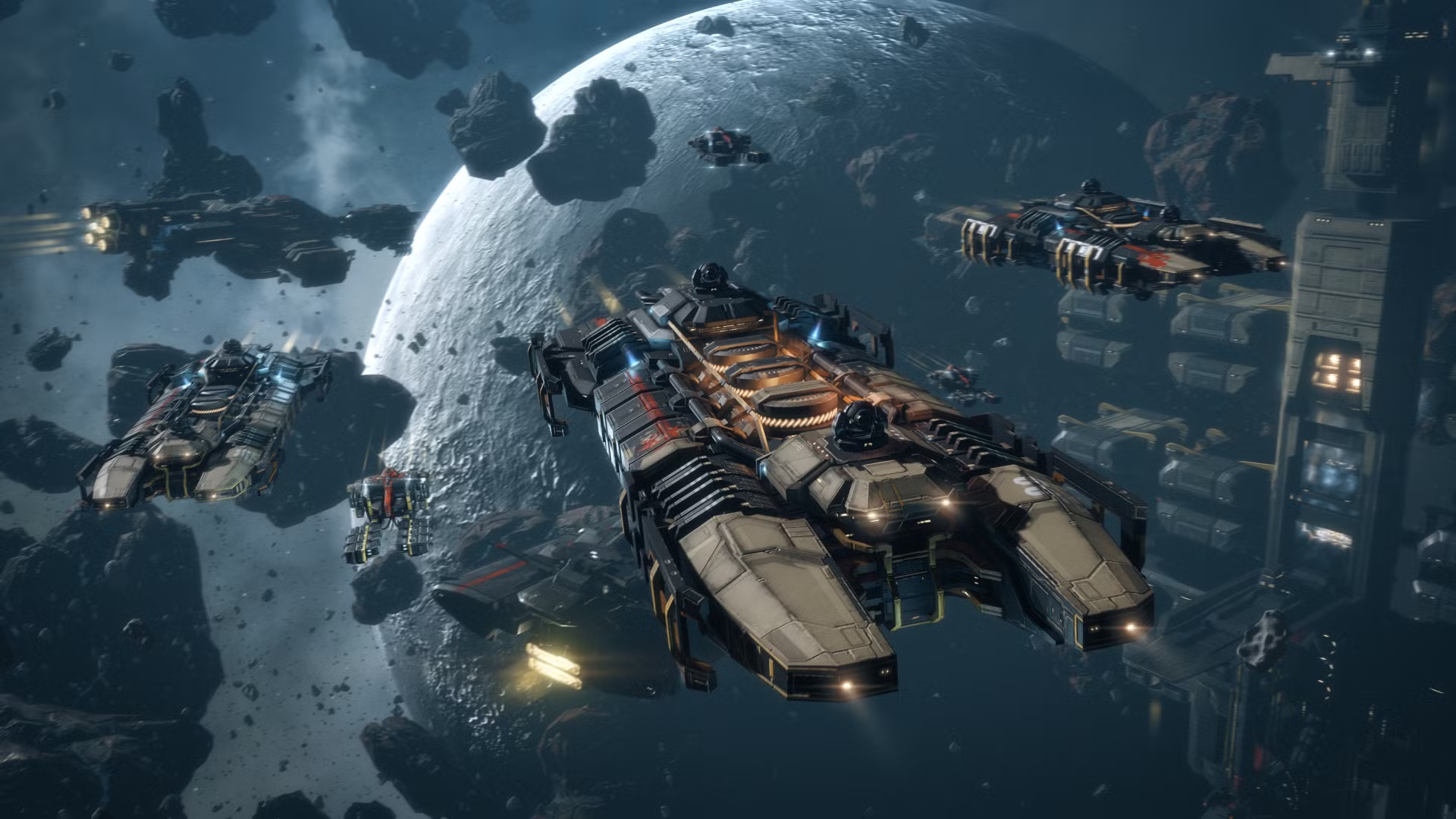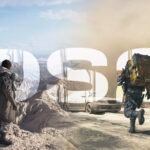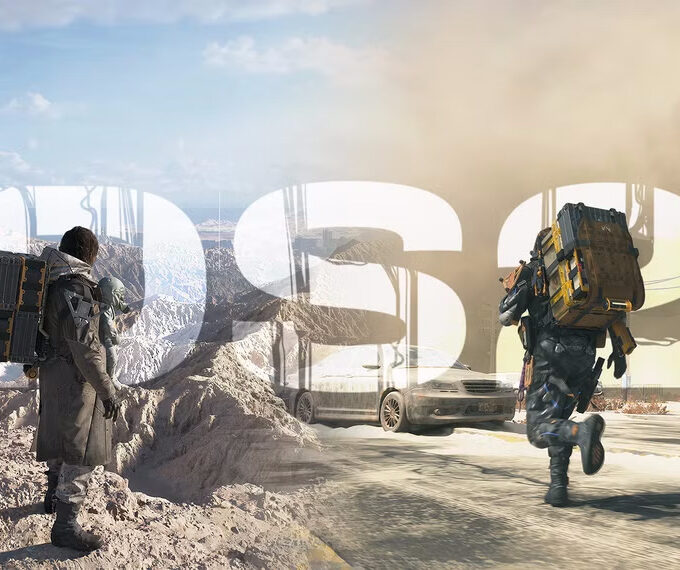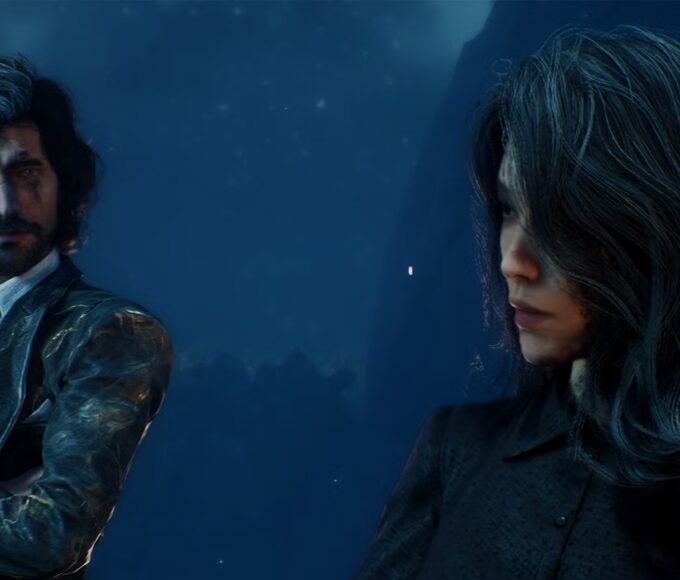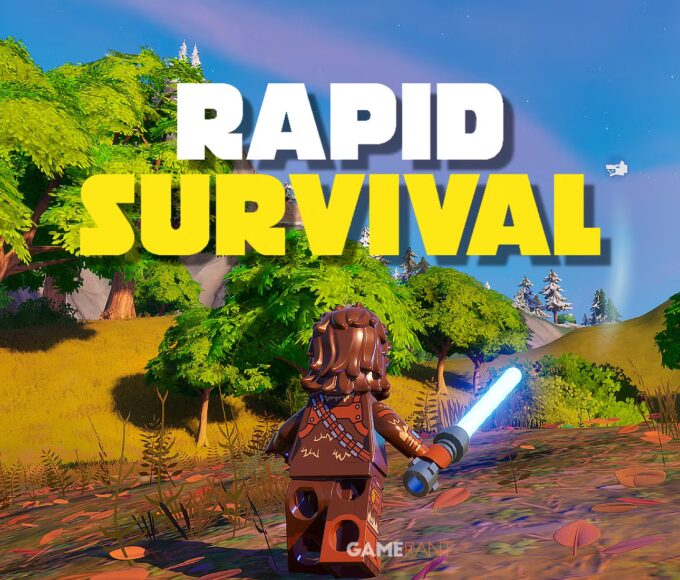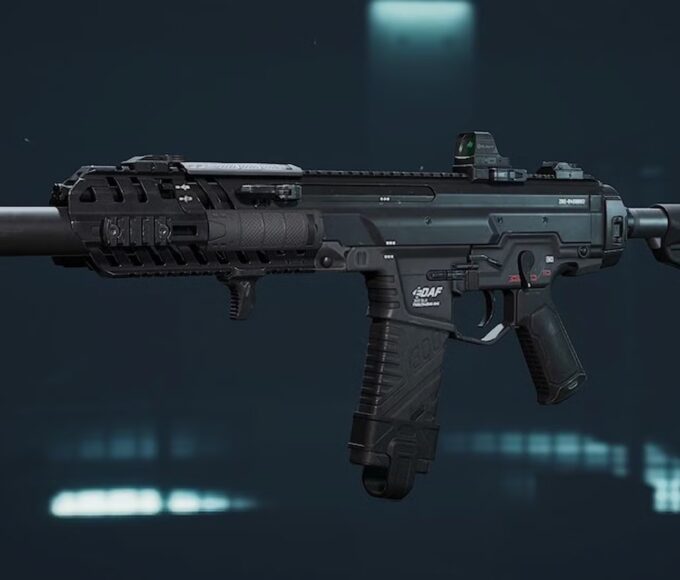EVE Online has long held a reputation as a notoriously challenging game for newcomers. As is perhaps expected of an MMO that has been continuously evolving for over two decades, New Eden is packed with complex, overlapping systems and intricate mechanics that can feel overwhelming at first glance. Yet, unlike many other online games, EVE Online heavily relies on its established player base to guide, welcome, and retain new capsuleers venturing into its vast universe.
During a recent visit to EVE Fanfest in Reykjavík, we had the opportunity to speak with several prominent and dedicated members of the EVE Online community. Among them were veterans like Kaleb Porter and Joshua Guldan (known as Frozen Fallout), both of whom have navigated the complexities of New Eden for well over a decade, with Guldan even participating in the 2003 Beta. We also spoke with newer players like Amanda Sleze (streamer name Amiomia) and Kshal Aideron, who have spent around two and five years in EVE, respectively. Regardless of their time logged, each shared valuable insights and practical advice for anyone looking to start their very first journey in EVE Online.
The Day-One Experience: A Mix of Frustration and Wonder
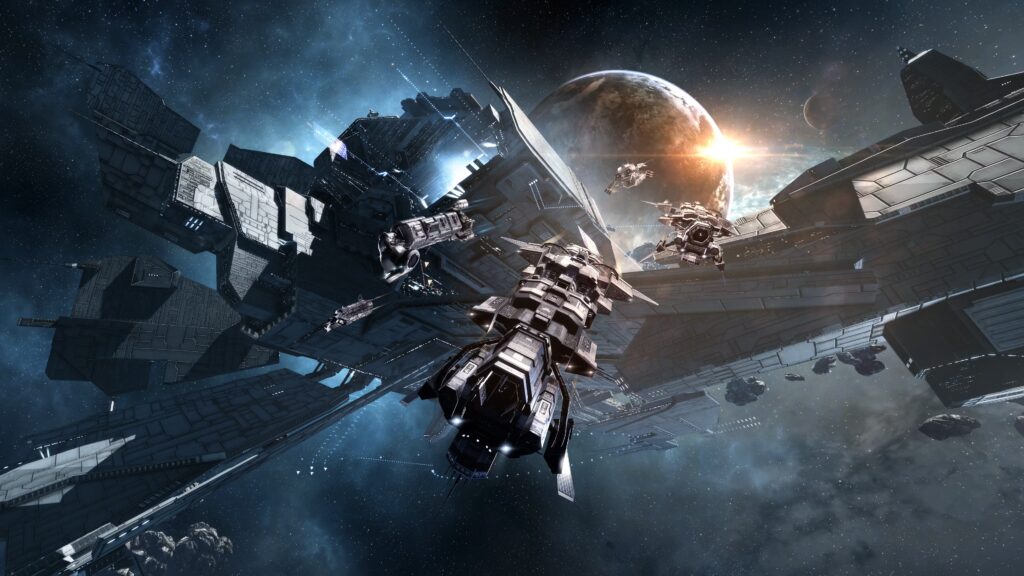
We asked these players to recall what their initial experience diving into EVE Online was like. Their answers highlighted the diverse and sometimes daunting nature of starting out:
- Kshal Aideron admitted to a rocky start, rage-quitting twice before even successfully undocking from a station on his first attempts in 2018 and 2019. He eventually found his footing after the tutorial clicked, leading him to where he is today.
- Veteran Kaleb Porter described a more passive early experience from back in 2010, starting by simply mining with friends. They were gradually “adopted” by more experienced groups, first by mining experts and later by pirates, reflecting how different the game felt in its earlier days.
- Joshua Guldan found the game “really overwhelming” in its 2003 beta state but felt the 2006 experience offered more natural progression and was “epic.” A key early memory was undocking in his small ship, seeing massive vessels, and being motivated by the dream of someday piloting something like a Megathron.
- For relatively newer player Amanda Sleze, her day-one experience was “scary.” She wasn’t initially afraid of losing ships, but rather terrified of simply doing something wrong. Doing her first steps on stream, even for a small audience, felt “very, very intense.” Crucially, her first interactions with other players were “extremely warm”; she avoided being scammed and even received her first billion ISK from viewers watching her stream, demonstrating the strong community aspect from the outset.
Essential Advice for Starting Out in EVE Online
When asked for their top recommendations for brand-new players:
- Kshal Aideron stressed the importance of not skipping the tutorial. He advised completing all career missions, even those in seemingly uninteresting fields like industry, because the free ships and items acquired are essential fuel for future activities. Following this, he recommended the AIR Career Program for further guidance, ISK, skill points, free ships, and introductions to player groups.
- Joshua Guldan suggested new players learn about EVE’s rich history and the player Organizations that have shaped it. He also praised the EVE University Wiki as an “epic” resource. However, he emphasized that the absolute key to learning EVE is finding someone to mentor you.
- Amanda Sleze echoed the sentiment about community being paramount. She felt that what you do in-game initially matters less than simply connecting with other people. New players will have endless questions, and most veteran EVE players are eager to help and answer them. She reassured beginners not to fear being scammed too much early on, as whatever they lose is likely to be replaced by another helpful player who hears about their situation.
Finding Your Path: Activities and Careers
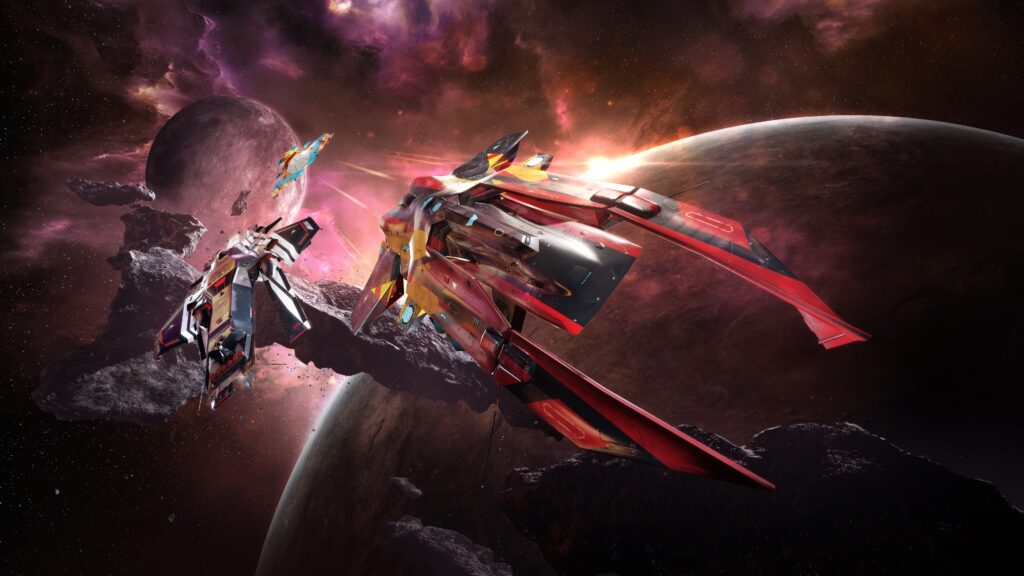
The veterans offered diverse suggestions for activities new players might explore:
- Kaleb Porter noted that mining is a common starting point but personally found Faction Warfare to be “really cool.” He highlighted that the content most recently updated by CCP Games (like the ‘Uprising’ and ‘Havoc’ expansions) is usually the most engaging. Faction Warfare, being accessible and utilizing simpler ships, provides a game-driven purpose and is a good way for beginners to join organized activities.
- Joshua Guldan underlined that EVE offers a vast array of possibilities and players need to find their niche. Whether it’s peacefully mining with friends or jumping straight into heart-pounding PvP like Faction Warfare from day one, both are viable paths. He encouraged day-one players interested in PvP to join fleets, even in small “tackle” frigates. While acknowledging they will likely die often, he stressed that performing roles needed by the fleet is incredibly valuable. His core suggestion: find something you genuinely want to do and commit to it fully.
The Inevitable Truth: Ships are Ammo
A common hurdle for new players is the fear of losing their painstakingly acquired ships. The veterans offered blunt but necessary advice:
- Kshal Aideron put it simply: “Ships are ammo. They’re pixels.” While the first time getting blown up doesn’t feel good, players eventually realize ships are a means to an end – you gather them to go out and explode them, and “the explosions are quite beautiful!”
- Kaleb Porter stated that understanding “ships are ammo” is a day-one necessity. The fundamental motto in EVE is “Don’t buy what you can’t afford to lose,” because you will lose it, likely many times over. Unlike games focused on grinding for permanent best-in-slot gear, EVE is about generating stories. “Every ship you lose is like a memory, and you want to make as many memories as possible.”
- Joshua Guldan suggested a proactive approach if you get destroyed: message the player who killed you and ask them how they did it. Some of his best recruits over the years were people he had initially blown up who then reached out to learn.
- Amanda Sleze reinforced that losing a ship is an essential part of the EVE experience. She recommended doing it sooner rather than later, as the first loss helps you realize it doesn’t hurt as much as you feared. While a ship costing 100 million ISK might seem expensive at the start, it’s “nothing” compared to what you’ll deal with later. The key is not to give up after a loss but to keep playing.
A Community-Driven Universe: EVE Rookies and More
Highlighting the importance of the player community, Kshal Aideron spoke about her organization, EVE Rookies. It began about a year into her playing career, out of frustration with existing tutorials, leading her to create the EVE Rookies website as a resource. It wasn’t initially planned as an in-game community, but when someone suggested running Incursions (top-tier high-security PvE/PvP content) specifically for new players, EVE Rookies evolved into a public in-game organization. It has since grown organically and now boasts a community of 4,000 members dedicated to helping new players fleet up and undock.
Reflections and Future Hopes
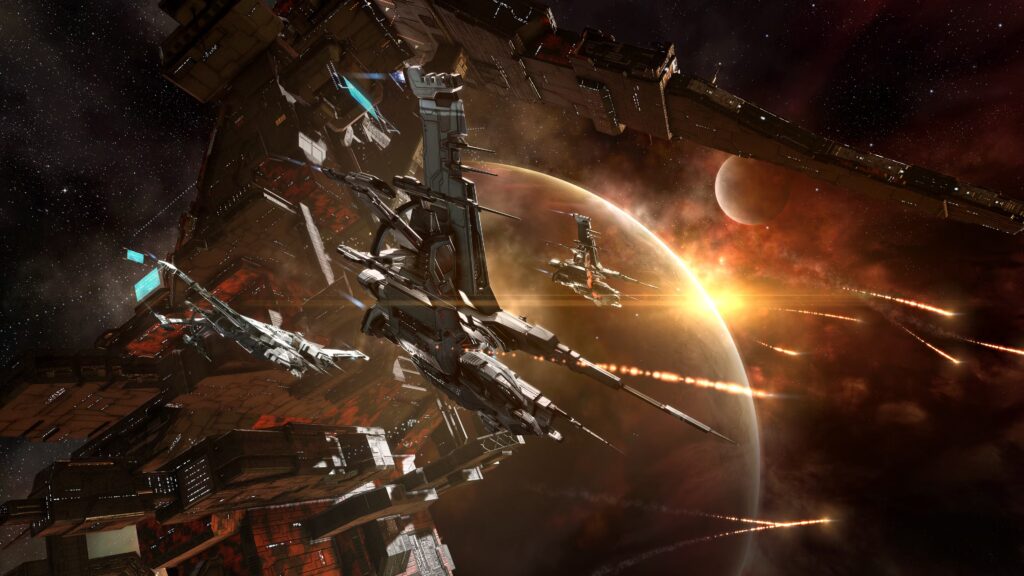
Looking back and forward, the players shared thoughts on the onboarding process and personal highlights:
Regarding onboarding, Kshal Aideron believed improvements are always possible, though perhaps not currently CCP’s main focus. She noted the attempts made with the tutorial, career missions, and AIR Career Program, with the upcoming “Freelance Jobs” feature intended to allow player organizations like EVE Rookies to offer missions directly to new players. She specifically requested that CCP bring back a past Easter event that taught D-Scanning, a fundamental survival skill in EVE, arguing it should be integrated into the core tutorial. Amanda Sleze felt that a tutorial could never cover everything but acknowledged that compared to the game’s origins (as joked about by “bitter vets” who started with no tutorial), the current onboarding is “fine.”
For personal highlights: Kaleb Porter cherished the early days spent with friends, as well as later college memories of intense Wormhole Space “evictions” where fleets would literally lock down areas, sometimes requiring players to sleep in their chairs to maintain the blockade. More recently, he found great satisfaction in his current fleet’s focus on creating memorable experiences for as many players as possible. Joshua Guldan‘s major highlight was discovering that Goonswarm, one of the largest organizations in EVE, had real-life meetups that were friendly, open, and accepting, which taught him that these massive in-game entities could truly feel like a family. Amanda Sleze‘s out-of-game highlight was attending EVE Fanfest 2025, hosting streams, and meeting countless community members after streaming for two years. Organizing EVE Amsterdam was also a key moment, leading to real-life friendships. In-game, a recent highlight was creating her own Alliance, facing a “Wardeck” (organized attack) just two weeks later. Lacking the resources to defend themselves, her existing diplomatic relationships within the game paid off, as one of the largest Alliances offered their support within hours, a moment she felt was a testament to her approach in the game, emphasizing that “In the end, we’re all one community.”
This diverse set of experiences and advice from veterans and newer players alike paints a picture of EVE Online as a complex but ultimately rewarding game where the strength of the community is just as vital as mastering the mechanics. For those willing to brave New Eden, connecting with others and embracing the game’s unique philosophy on loss are key steps toward an epic journey.

